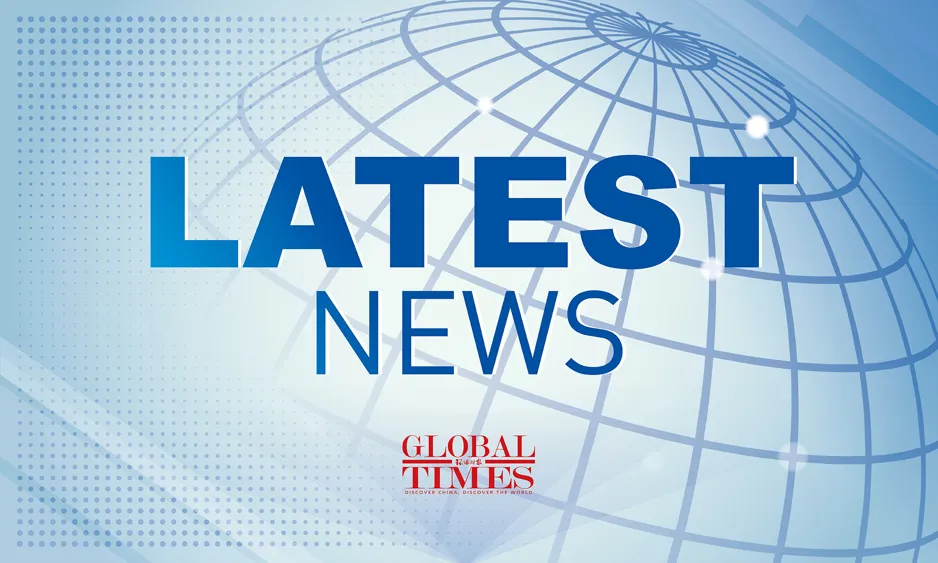EU and US Reveal Trade Deal Details Excluding Wines and Digital Rules

The recently unveiled trade deal between the European Union and the United States aims to enhance market access, yet notably excludes the wine and digital sectors, which has sparked concerns regarding the potential for increased international trade tensions.
As outlined in a joint statement, the United States will implement a maximum all-inclusive tariff of 15 percent on a majority of EU exports, affecting key industries such as automobiles, pharmaceuticals, semiconductors, and lumber.
Certain products, including cork, aircraft, and aircraft parts, along with generic pharmaceuticals and their associated chemical precursors, will remain exempt from this new tariff cap, continuing to adhere to their current most-favored-nation tariffs.
In response, the EU has committed to abolishing tariffs on all U.S. industrial goods and enhancing market access for American seafood and agricultural products. Additionally, the bloc agrees to purchase $750 billion in U.S. liquefied natural gas, oil, and nuclear energy products by 2028, as well as $40 billion in U.S. artificial intelligence chips.
European Commissioner for Trade and Economic Security, Maros Sefcovic, noted that the exclusion of wine and spirits from tariff reductions, identified as crucial interests for the EU, does not signify a permanent closing of these discussions. He affirmed that negotiations with Washington will continue on these matters.
Furthermore, Sefcovic pointed out that digital regulatory issues, including digital services regulations and a proposed digital services tax, were also not under consideration in the current discourse. He emphasized the importance of regulatory autonomy, a principle the EU has consistently upheld.
Carsten Brzeski, the global head of Macro at ING Research, commented that the joint statement reinforces prior perceptions following the Scotland deal, suggesting that the primary advantage for Europe is simply avoiding a worse outcome, alongside gaining some clarity.
Nevertheless, Brzeski warned that this newfound clarity is fragile and may unravel, as the agreement contains various elements that could incite further tensions and escalation. He remarked that labeling the situation as a deal might be misleading, as it appears more akin to a damage control strategy for Europe.
Read These Next

Futures Contracts Show Mixed Performance in Domestic Market
Analysis shows a split in domestic futures: fuel oil and caustic soda up over 2%, while coking coal and eggs decline.

Sinopec Uncovers 165 Billion Cubic Meters of Shale Gas
Sinopec discovers over 165 billion cubic meters of shale gas, enhancing China's energy security and production capabilities.

Morgan Stanley Boosts Dell Technologies Price Target to 144
Morgan Stanley raised Dell's price target from $135 to $144, citing strong sales growth and confidence in its future prospects.
